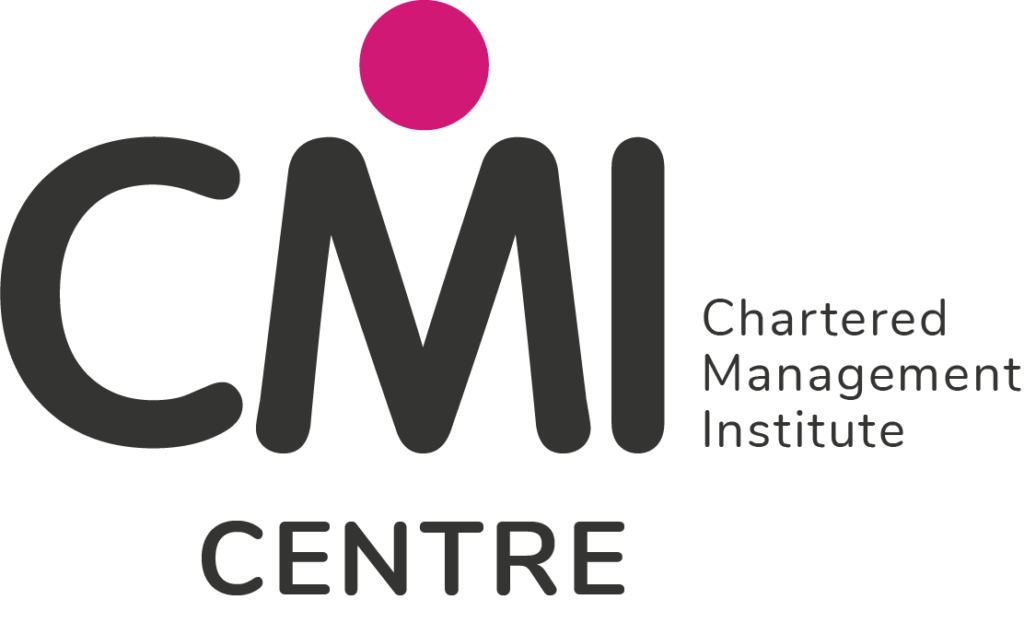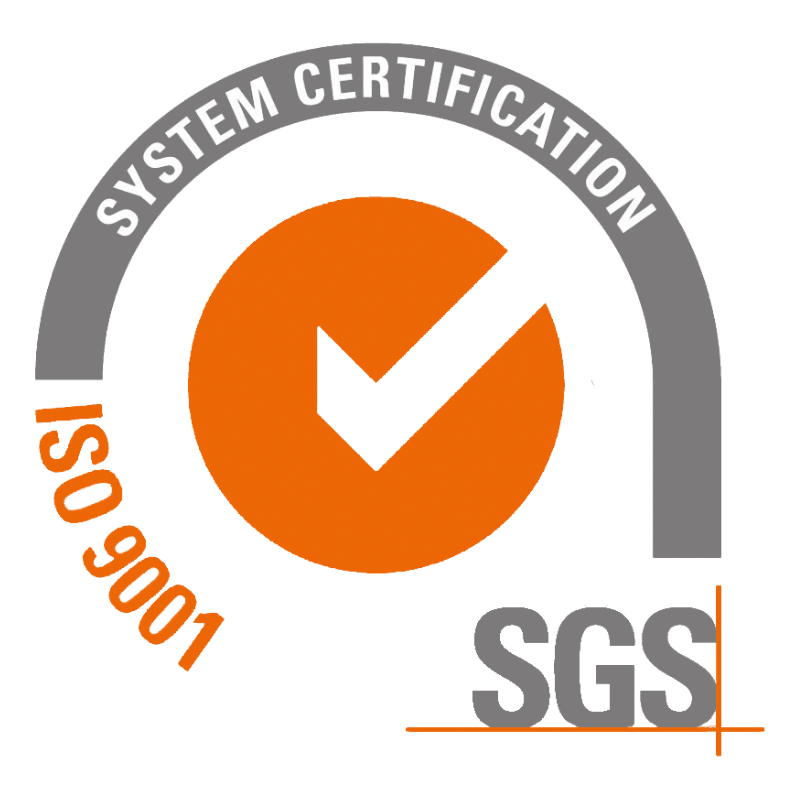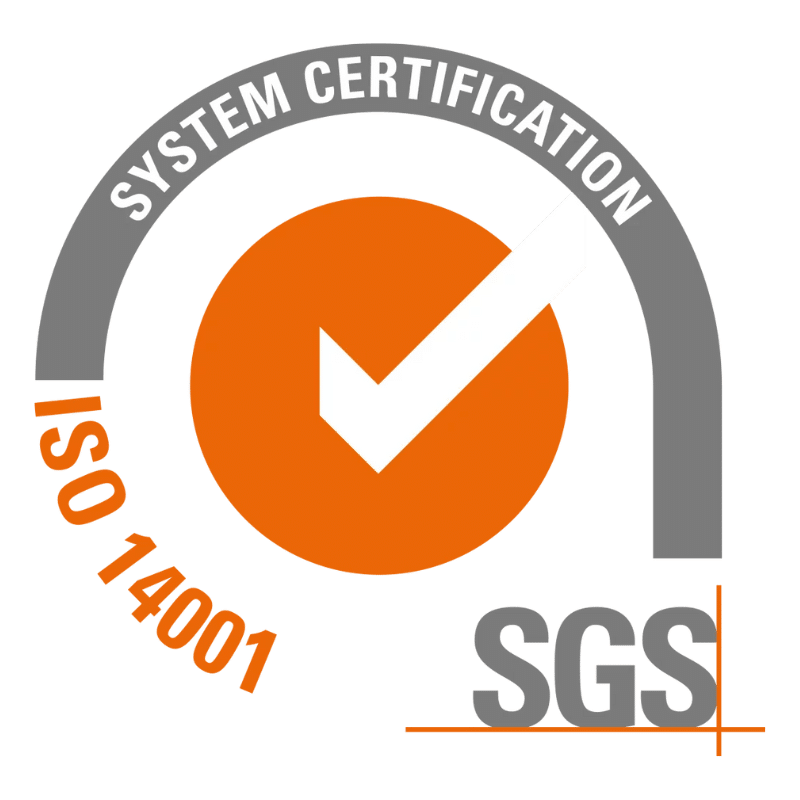And what clues does it offer as to why coaching can have such a profound impact on employee and organisational development?
To better understand why coaching skills are so desirable in modern managers and formal coaching is cropping up in so many workplaces worldwide, it helps to understand the mindset that makes a coach successful – even if they are only coaching as a part of their overall leadership responsibilities, rather than full-time.

For some further context, coaching is viewed as an essential development tool for driving change, fostering personal growth and improving organisational performance. Coaching offers the individual a framework of analysis, reflection, challenge and action that enables them to plan, change and succeed in one or more areas of their work.
We operate in a world of constant change and transformation programmes. In these, introducing improvements that alter business processes and structure, there will be a degree of emotional upheaval for staff. We know that, in these circumstances, the personal relationship between managers and their staff is crucial. For managers and leaders in these situations, the two fundamental pre-requisites to respond positively are the ability to listen and to create trust. It is for these reasons that being able to take a coaching or mentoring style approach to management can be vital.

In the context of the widespread remote and home working brought about by the Covid-19 pandemic, individuals have been encouraged (and trusted) to take increasing amounts of responsibility for undertaking their role and performance. Their individual and career development is no different and, whilst they require training, learning and support to develop effectively, coaching is an invaluable method for establishing what it is that they want to achieve, and for promoting the self-discovery and self-reflection necessary to plan a strategic path in that direction.

These examples explain why so many successful organisations are seeing coaching as more and more of a development solution: in a world where everything is becoming slightly more detached and arms-length, coaching is fundamentally a belief in people’s capability to find answers and achieve results for themselves. This is achieved by taking an approach in which the person being coached has the space and time to talk, be listened to and is challenged to identify not just their own goals but the means by which they will achieve them.
In order to bring this about, coaches – and managers with coaching skills – are trained and able to actively listen, quietly observe and sensitively communicate. They can tailor their approach to the needs of the individual and provide non-judgmental feedback. All of this enables them to access and enhance the skills, resources and creativity that the coachee already has in their possession.
Rather than prescribing actions, the role of the coach is to support an individual to create and commit to their own actions, which in turn progress them towards both short and long-term goals.
To do this effectively, the coach must embrace the right attitudes and get themselves into the correct mindset, which involves:
- An openness to change and challenge
- Letting go of assumptions or pre-conceived ideas, particularly about individuals
- Abandoning cynicism and skepticism
- Focusing on and perceiving a coachee’s potential ahead of their current state
- Deliberate attention on, and attempts to, actively listen
- Mindfulness
It is no mean feat to drop into this headspace and tick all these boxes, particularly if it’s required at short notice. So, coaches must have a clear idea of what their coaching mindset looks and, importantly, feels like – how do they behave when they are ‘there’? What communication styles do they use with their coachee?

However coaches get themselves into their coaching mindset, it is only worthwhile if they believe in another’s ability to grow, develop and thrive of – primarily – their own accord. If they want to ‘coach’ individuals purely as another form of telling them what to do, or offering instructional advice, then genuine development and change will be very difficult.
Much as ‘coaching cultures’ rely on faith that interpersonal trust, openness and self-awareness will benefit all, coaching mindsets rely on a belief that everyone can grow and succeed by taking more responsibility for their own development. Even if it simply during an informal ‘coaching conversation’ with a team member, manager coaches must use language and display behaviour that lines up with a genuine trust and belief in others.
As human beings we are inherently self-centred: evolutionarily predisposed to ‘look after number one’. Therein lies the ultimate challenge of a coaching mindset, and why it takes knowledge and practice to enter one – it is not always a natural thing to do.
Now you have a better idea of what a ‘coaching mindset’ involves, it should help you to understand why coaching is such a powerful aid to organisational development. When your managers and leaders are professionally focusing themselves fully on individuals and their development, they could not be better placed to support, inform and aid their personal development.
Eliesha offers a wide variety of support for workplace coaching and coaching skills of management. From online learning content like our pearls of wisdom® category devoted to Coaching & Mentoring to ILM’s market-leading Coaching & Mentoring qualifications – available in a number of delivery methods including enabled by our online virtual learning environment.
To discuss any requirements about the coaching culture you are looking to build or reinforce, or the coaching skills you want to develop, fill out an enquiry form on this page and we will be in touch!






